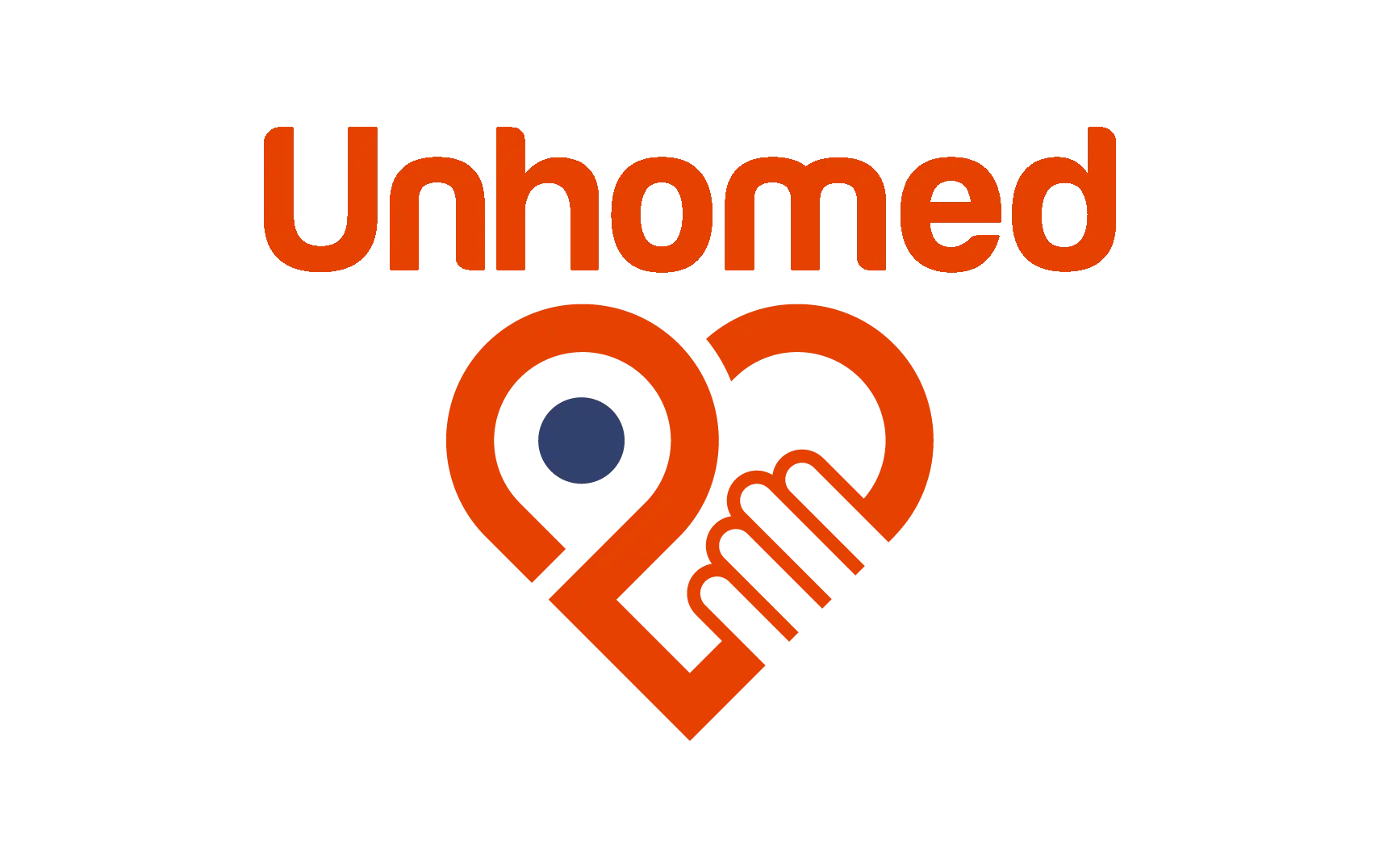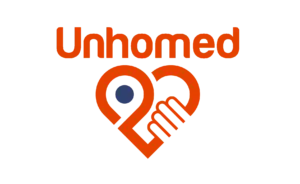Soft Skills Training
Description
"Title: A Comprehensive Guide to Soft Skills Training"
"Definition: Soft Skills Training refers to orchestrated learning experiences and programs intentionally designed to enhance interpersonal skills, communication competencies, teamwork acumen, and problem-solving prowess, with these core attributes crucial for securing stable employment and housing."
"Description: Soft skills training, unlike hard skills training focusing on specific technical abilities, centers on individuals' personal attributes, social cues, communication proficiency and emotional intelligence. These skills, often overlooked in formal education, are highly valued in the workplace because they facilitate human connections and lead to better engagement and interaction. Soft skills training is an integral aspect of personal and workforce development and is increasingly recognized for its role in improving employees' skill sets, contributing to positive workplace cultures, maximizing productivity, leading to career advancement and fostering stability in personal life environments."
"Objectives:
- To enhance communication abilities
- To foster better teamwork and collaboration
- To improve interpersonal relationships both professionally and personally
- To enhance problem-solving strategies and critical thinking
- To empower individuals for career success and personal stability"
"Mechanisms:
- Workshops and seminars focused on communication, team-building, and interpersonal skills
- Personal coaching and mentorship programs
- Online courses focusing on specific soft skills
- Real-world problem-solving tasks and team projects
- Role-playing activities and simulation exercises"
"Benefits:
- Enhanced interpersonal relationships
- Better problem-solving ability leading to more efficient workflow
- Increased likelihood of securing and maintaining employment
- Improved team collaborations leading to boosted productivity
- Potential for career advancements via leadership and management skills"
"Challenges:
- Demonstrating tangible results as soft skills capture intangible qualities
- Overcoming resistance to change personal habits or attitudes
- Need for individualized training to cater to diverse personality types
- Availability of time and resources for comprehensive training
- Ensuring consistent and lifelong application of learned skills"
"Examples:
1. Emotional Intelligence Training: Focusing on recognizing, understanding, and controlling personal emotions and considering others' feelings.
2. Leadership Development Training: Concentrates on building leadership qualities, decision-making, and strategic thinking.
3. Assertive Communication Training: Enhancing communication skills for clear, effective and respectful expression of thoughts.
4. Conflict Resolution Training: Developing abilities to peacefully resolve disputes and manage conflicts."
"Further reading:
1. 'Soft Skills for a Digital Workplace' - https://www.deloitte.com/insights/us/en/focus/technology-and-the-future-of-work/digital-transformation-skills-gap.html
2. 'The Impact of Soft Skills Training on Employment Outcomes' - https://www.hks.harvard.edu/sites/default/files/centers/wiener/programs/pepg/PDF/events/Colloquia/Heckman%20and%20Kautz%20Handbook%20Chapter%204.15.11.pdf"



